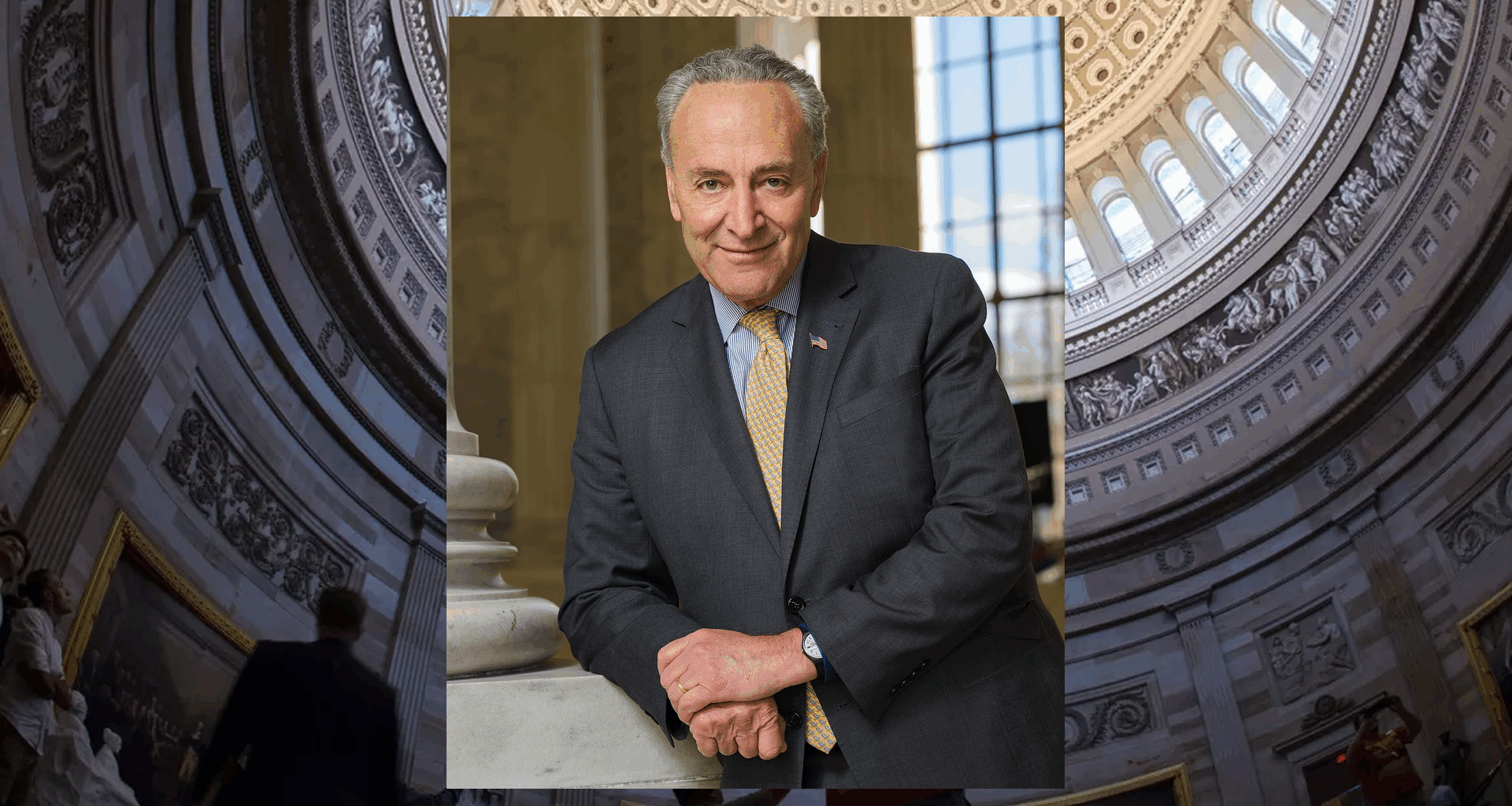By: Quiver LegislationRadar
Posted: an hour ago / Aug. 9, 2025 4:02 p.m. UTC
We have received text from S. 2556: Protecting Health Care and Lowering Costs Act. This bill was received on 2025-07-30, and currently has 46 cosponsors.
Here is a short summary of the bill:
This bill, titled the
Protecting Health Care and Lowering Costs Act
, proposes several key changes related to health care policy and tax incentives for individuals purchasing health insurance. Below are the main provisions included in the bill:
Repeal of Previous Changes
The bill seeks to repeal specific changes made by the health subtitle of a previous law known as the One Big Beautiful Bill Act (Public Law 119-21). This means that the current laws and regulations that were altered by that subtitle will remain as they were before the changes were made.
Permanent Extension of Enhanced Tax Credit
The bill aims to permanently extend and modify certain tax credits available to individuals under the Internal Revenue Code. This primarily affects those purchasing health insurance through the marketplace.
-
Income Limits Change:
The bill removes the existing upper income limit for receiving these tax credits, which was previously capped at 400% of the federal poverty level. This change allows more individuals, regardless of income, to qualify for financial assistance when purchasing insurance. -
Adjustments to Applicable Percentages:
The bill establishes a new sliding scale for determining how much individuals are expected to pay for their premiums, based on their income. For example, those earning up to 150% of the poverty line would not pay anything for their premiums, while the expected costs increase gradually for higher income brackets.
Effective Date
The modifications concerning the tax credits are set to take effect for taxable years beginning after December 31, 2025. This means that the new rules would start to apply to individuals’ tax situations from the 2026 tax year onward.
Summary of Tax Credit Adjustments
To summarize the changes regarding tax credits:
- Individuals with household incomes up to 150% of the poverty line will pay 0% of their income toward premiums.
- For incomes between 150% and 200%, the expected premium payment starts at 0% and rises to 2%.
- As income increases, the percentage of income that individuals are expected to pay for premiums will increase gradually, reaching a cap of 8.5% for those at 400% of the poverty line or higher.
Relevant Companies
-
UNH
(UnitedHealth Group): This company may be impacted by changes in health insurance purchasing patterns due to the modified tax credits, potentially altering demand for their plans. -
ANTM
(Anthem, Inc.): As health insurance providers, changes in premium costs and tax credits may influence competition and pricing strategies. -
CNC
(Centene Corporation): Similar to other insurers, modifications in subsidies and eligibility could affect enrollment numbers and revenue.
Senator Charles E. Schumer Bill Proposals
Here are some bills which have recently been proposed by Senator Charles E. Schumer:
- S.2681: Lowering Electric Bills Act
- S.2556: Protecting Health Care and Lowering Costs Act
- S.2009: Charles B. Rangel Congressional Gold Medal Act
- S.1929: SEPSIS Act
- S.1804: Presidential Airlift Security Act of 2025
- S.1741: Truth in Tariffs Act
You can track bills proposed by Senator Charles E. Schumer on Quiver Quantitative’s politician page for Schumer.
Senator Charles E. Schumer Net Worth
Quiver Quantitative estimates that Senator Charles E. Schumer is worth $1.8M, as of August 9th, 2025. This is the 234th highest net worth in Congress, per our live estimates.
Schumer has approximately $0 invested in publicly traded assets which Quiver is able to track live.
You can track Senator Charles E. Schumer’s net worth on Quiver Quantitative’s politician page for Schumer.
This article is not financial advice. See Quiver Quantitative’s disclaimers for more information.
